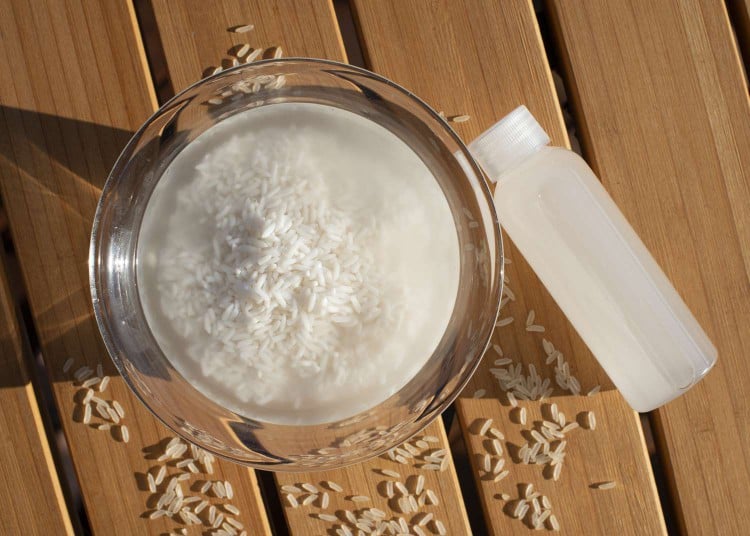
Scientists believe multiple sclerosis is an autoimmune disorder in which immune cells attack the nerve cells and cause inflammation, leading to a range of symptoms, including muscle weakness, fatigue, and vision problems.
Now, a study in mice and human cells has found that a protein in wheat and other grains may lead to inflammation that worsens MS symptoms.
The researchers suggest that a wheat-free diet may reduce the severity of MS and other inflammatory disorders.
Although the exact cause of MS is unknown, scientists believe it is an, where cells that should protect a person against disease attack the body’s own cells.
In MS, these immune cells break down myelin — the protective outer covering of nerve cells — and nerve cell bodies in the(CNS). This slows down the movement of nerve impulses around the body leading to symptoms including:
muscle weakness, and changes in gait and mobility
numbness, tingling and pain
bladder and bowel problems
fatigue
vision problems
emotional changes, such as depression.
Inflammation caused by the activity of immune cells can worsen MS symptoms, so taking measures to reduce inflammation may help alleviate them. That is what findings from a new study led by scientists at Johannes Gutenberg Universitat Mainz, Germany, suggest.
The study, published in Gut, found that, in mice, amylase trypsin inhibitors (ΑΤΙ), proteins found in wheat, caused inflammation in the gut, which led to inflammation in the CNS, worsening clinical symptoms of MS.
“The researchers show a diet rich in ATI can also increase CNS inflammation in mice with an MS-like condition. We don’t yet know whether the same is true in people living with MS.”
— Dr. Clare Walton, head of research at the MS Society
Dietary wheat can cause inflammation
Wheat, as well as other grains, contains gluten, which in some people causes a severe autoimmune reaction — celiac disease.
In people with celiac disease — around 1% of the U.S. population — the immune system reacts when even small amounts of gluten are eaten, causing pain, bloating, and damage to the intestine, which can lead to problems absorbing nutrients from food.
Around 6% of people in the U.S. report gluten intolerance, which also causes digestive symptoms, but these are rarely as severe as those caused by celiac disease.
However, it is not only the gluten in wheat that may cause issues. In some people, other proteins in wheat can cause inflammatory or allergic reactions, which may be serious, as Prof. Detlef Schuppan, principal investigator on the study and clinician, Medical News Today.
Prof. Schuppan, who is the director of the Institute of Translational Immunology and the Clinical Center for Celiac Disease, Intestinal Diseases and Autoimmunity, and professor of medicine/gastroenterology at the Beth Israel Deaconess Medical Center, Harvard Medical School, Boston, noted:
“This is a long research story that goes back to one of our NIH research projects at HMS in Boston, where we discovered ATIs as activators of macrophages and dendritic cells via toll-like receptor 4 — while gluten proteins (that are responsible for celiac disease) do not have any innate immunity stimulating activity.”
“This activity of the ATI proteins in wheat explained the observations that many patients have problems with wheat (so-called ‘non-celiac gluten sensitivity’), which is not caused by gluten but by ATI proteins of wheat when it comes to chronic inflammatory diseases,” he added.
Evidence in mice and human cells
The researchers carried out the initial investigations in mice. They used(EAE), a commonly used animal experimental model for MS.
Initially, the researchers gave female mice a gluten and ATI-free (GAF) diet for four weeks. They then divided the mice into three different diet groups:
The GA diet had gluten (5.5% dry weight) and ATI (0.165% dry weight) added
The G diet had only gluten (5.5% dry weight) added
The A diet had only ATI (0.15% dry weight) added.
Daily doses of both gluten and ATI were calculated to be equivalent to that consumed by a person on a standard Western diet.
The researchers induced EAE in the mice after four weeks on the GAF diet and two days before they started the experimental diets.
Those mice consuming the most ATI developed significantly more severe EAE and CNS inflammation than those consuming low ATI. Gluten alone did not have a similar inflammatory effect.
The researchers then administered ATI to monocytes — a type of white blood cell — from people with and without MS. Both released a range of pro-inflammatory chemokines and cytokines, suggesting that ATI was triggering the inflammatory responses.
Less MS pain with wheat-free diet
In a separate, the same researchers fed a 90% wheat-reduced and a wheat-containing diet to 16 people with stable relapsing-remitting MS. They divided the participants into two groups, one started on the wheat-reduced diet, the other on the wheat-containing diet for three months, and they then crossed over for a further three months.
When on the wheat-reduced (and therefore ATI-reduced) diet, participants had fewer inflammatory immune cells in their blood and reported significantly less pain than they did when on the regular diet.
Prof. Schuppan told MNT: “If we obtain the needed funding, we will do a larger study in patients with more severe MS, where we expect an even stronger effect of the adjunctive wheat/ATI free diet.”
Dr. Walton, who was not involved in the study, agreed that more research was needed.
“Based on these results, we don’t know whether reducing the consumption of wheat or ATI proteins would have an effect on the symptoms of someone living with MS. […] Ideally, we need more research comparing a diet with wheat, a diet with gluten and no ATI and a diet with ATI and no gluten,” she cautioned.
Should people with MS avoid wheat?
Dr. Walton told usthat this study alone did not provide enough evidence that people with MS should avoid wheat.
“We know people with MS are really interested in lifestyle modifications they can make to improve their MS symptoms. But so far, this new result is mostly based on animal work, so we need to see more studies in people with MS to understand how important ATI proteins are in exacerbating symptoms.”
— Dr. Claire Walton
However, Prof. Schuppan expressed a different opinion: “Based on our data and the positive experiences in my clinical practice, I recommend this [a wheat-free diet] to all my patients with any kind of autoimmune disease, including MS.”








